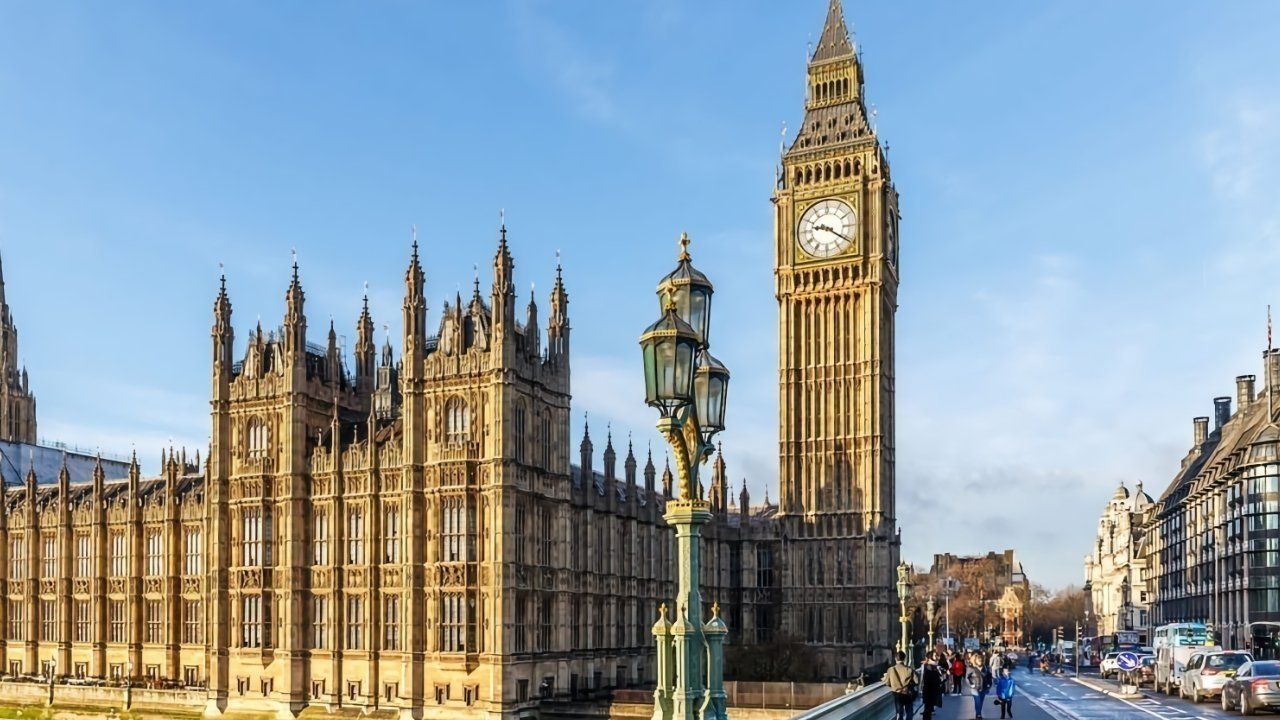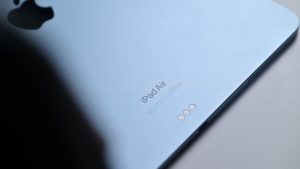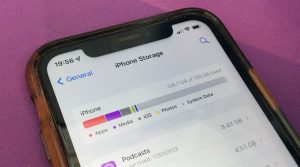
The UK government has issued an order to Apple telling it to allow officials full access to any iCloud content belonging to any user across the globe.
During Conservative Boris Johnson’s tenure as Prime Minister, the UK government claimed to be in discussions with Apple about creating a backdoor into iOS that would allow it access to all user data. If there really ever were such discussions, they will have been short because US company Apple has refused the FBI the same thing.
Now the new Labour government in the UK is demanding that Apple create this backdoor, according to The Washington Post. Under UK law, it is a criminal offense for Apple to even reveal that such a demand has been made, and so consequently the company has refused to comment.
Sources said to be familiar with the matter, however, say that the UK is demanding total access, a blanket capability to read encrypted material from any user, anywhere in the world. The demand has been served on Apple from the UK’s office of the Home Secretary, and is based on a 2016 law that authorizes the government to compel companies to assist in gathering evidence.
Formally known as the UK Investigatory Powers Act of 2016, but informally called the Snoopers’ Charter, the law initially had its controversial elements removed. In 2016, following objections from Apple and others, the act was passed into UK law without this provision.
The elements were reinstated in 2024 following a Parliamentary debate. Apple said at the time that the elements being discussed could allow the UK to demand worldwide access.
“These provisions could be used,” said the company, “to force a company like Apple, that would never build a back door into its products, to publicly withdraw critical security features from the UK market, depriving UK users of these protections.”
This means that Apple would disable end-to-end encryption for UK users rather than allow a backdoor access that could be used to spy worldwide. However, despite Apple using the phrase “publicly withdraw,” UK law would actually forbid it from telling customers that it had weakened their security.
“There is no reason why the UK should have the authority to decide for citizens of the world whether they can avail themselves of the proven security benefits that flow from end-to-end encryption,” said Apple in a statement.
In the same statement to Parliament, Apple also argued that the UK’s proposed move would violate a European Court of Human Rights ruling.
What happens next
Following the passing of the revised act, the new demand was reportedly issued to Apple in January 2025. Apple now has the right to make an appeal to a secret technical panel, and a judge.
Significantly, however, the law does not allow Apple to delay complying with the order while the appeal is ongoing.
While Apple will not comment, a former White House security adviser has confirmed the existence of the order.
There’s no question that Apple will allow the UK to force it to weaken global security, so it’s most likely that UK users will lose end-to-end encryption.
That would seemingly get the UK what it wants for its own citizens, but it would deny it the global access it claims to require. Ultimately, that’s probably the aim of the order, to force an end to encryption in the UK.
It’s presumably likely, then, that Google will also receive such an order — if it hasn’t already.
Google spokesperson Ed Fernandez has declined to say whether the UK has issued it with such an order. He did, however, say that “Google can’t access Android end-to-end encrypted backup data, even with a legal order.”
The UK’s Home Office has refused to comment.
“We do not comment on operational matters, including for example confirming or denying the existence of such notices,” said a spokesperson.




